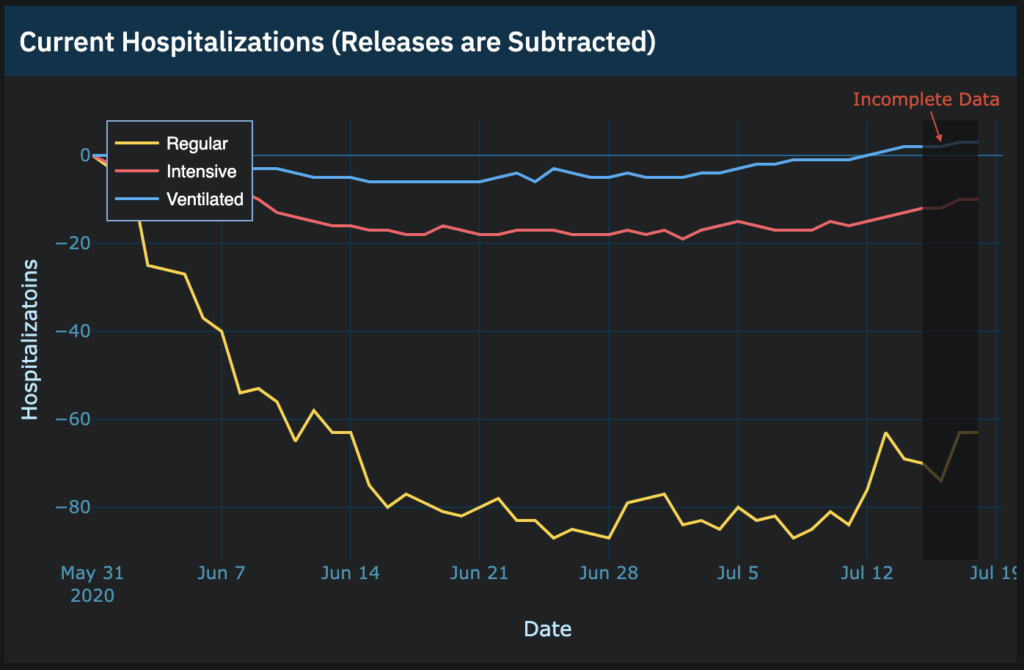2020 – The Golden Opportunity to Be A Recluse
2020 – The Golden Opportunity to be a Recluse. If you’ve ever wanted a reason not to be social then open society’s behaviour, in regards to the COVID-19 virus, has provided us with a fantastic opportunity to enjoy being reclusive.
During a normal Spring and Summer I would be driving to the mountains to hike, climb and enjoy via ferrata with people but this year those plans have been destroyed. This year we can’t share the same room as others to sleep. We can’t even eat within two meters of other people.
There are no handshakes, no hugs and no “bises”. This year if you live alone you’re without physical contact. This year, the more solitary you like to be, the stronger the appeal of such a year.
In a normal year if you were single or below a certain age you’d be pressured to go out and be social, rather than staying at home to work on projects, read books or otherwise be solitary. This year there is no pressure to go out on Thursday and Friday night, and there is no pressure to go out to do group activities during the weekend.
With its single minded desire to reopen too early society has destroyed any chance of a normal summer being possible. Until the 21st of June it looked as if Switzerland was three or four weeks away from the pandemic being over, or at least wonderfully under control. There was a brief window with just 10-20 infections a day.
Speaking as an idealist I believe that we were so close to Switzerland getting to tens of new cases a day but recently the seven-day average is back to 100 cases a day.
Silver Linings

One of the silver linings is that the number of ventilated people declined to zero for several days, the number of intensive hospital cases is staying low and finally, that the number of regular COVID-19 patients was in decline, until two days ago.
At its maxium number of active infections Switzerland was at 98 percent of ICU capacity. Two more percent and triage would have been required.
Depending on whether you work for the airport or think as an environmentalist Geneva airport expects to be at 19 percent of capacity this summer, due to so few people travelling at the moment. It’s great for the environment, but a shame for jobs.
Societal Self Harm
Speaking from a strictly theoretical point of view we have centuries of pandemics to look back on. We have books such as La Peste by Camus, to turn back to. In theory, we know what to do in the case of pandemics, and how to avoid them. We also know how to control them.
We know that in Medieval times villages would shut down to the outside world for weeks or months at a time. We know that ships were quarantined offshore. In some cases, places of infection were marked.
As we watch the current pandemic we get the impression that lessons were never learned. We get the impression that people never studied plagues and other epidemics and pandemics. We get the impression that people are flying blind. This is a shame.
It’s a shame because we are in the 21st century. We live in an age where we have thousands of hours of documentaries about plagues, disease and epidemics. We live in an age where people can get advice and information straight from medical health professionals. We live in an age where everything can be ordered online. We live in an age where being trapped at home does not mean having conversations has to stop. We live in an age where many of us are information workers.
In light of all of this it seems illogical that we would live through the worst pandemic in human history.
I have seen a lot of discussion about rights but responsibilities have been skirted. The responsibility to wear a mask, the responsibility to keep human to human interactions to a minimum, the responsibility to avoid people rather than expect them to make the effort to be safe.
The self-sacrifice of not going on holiday, the self-sacrifice of not going to sit in a park half a meter from others…
With everything that society, as a whole knows, it is a shame that the pandemic coalesced into such a serious problem because we had the tools and knowledge to ensure that it would be dealt with as swiftly as the epidemics we have already lived through, in our own lifetimes.
At its core Switzerland, until the 21st of June Switzerland was doing everything right, and to a serious degree it is still doing the right thing, with the number of ventilated people being at zero and the number of serious cases also dropping.
At it’s core my only issue is with having a third summer with limited opportunities to meet new people. As long as the pandemic is around it seems more logical to give in, and use dating apps, to meet new people, instead.
The Up-Skilling opportunity.
A few weeks ago I sad that I would try to create my own WordPress theme, but I overshot that goal by learning CSS and redesigning my entire website. I have learned to create a CMS from scratch using PHP and MySQL. Now I’m learning Ruby On Rails and it’s going well. Ruby on Rails looks like an intuitive framework to work with. I’m working on changing my career path.


